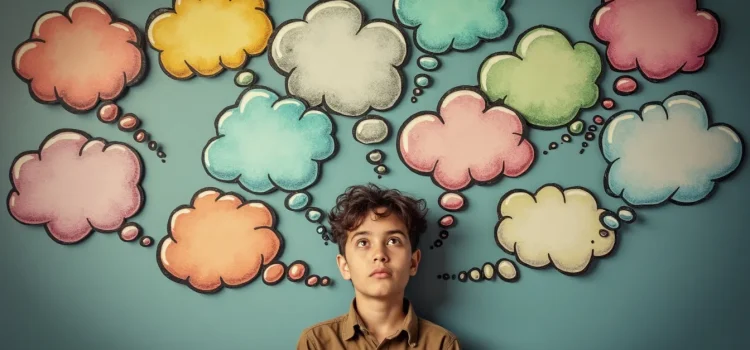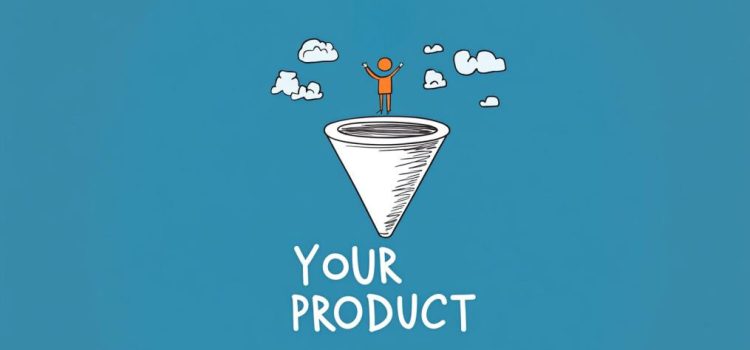What shapes human nature? Are we born as blank slates, or do our genes play a role in who we become? The Blank Slate by Steven Pinker challenges long-held beliefs about human nature. Pinker argues that science shows we’re not blank slates. Instead, we have innate tendencies shaped by our genes. He explores how this view impacts our understanding of personality, morality, and social issues. Read more for an overview of this book that explores what makes us human.
The Blank Slate by Steven Pinker: Book Overview & Takeaways










